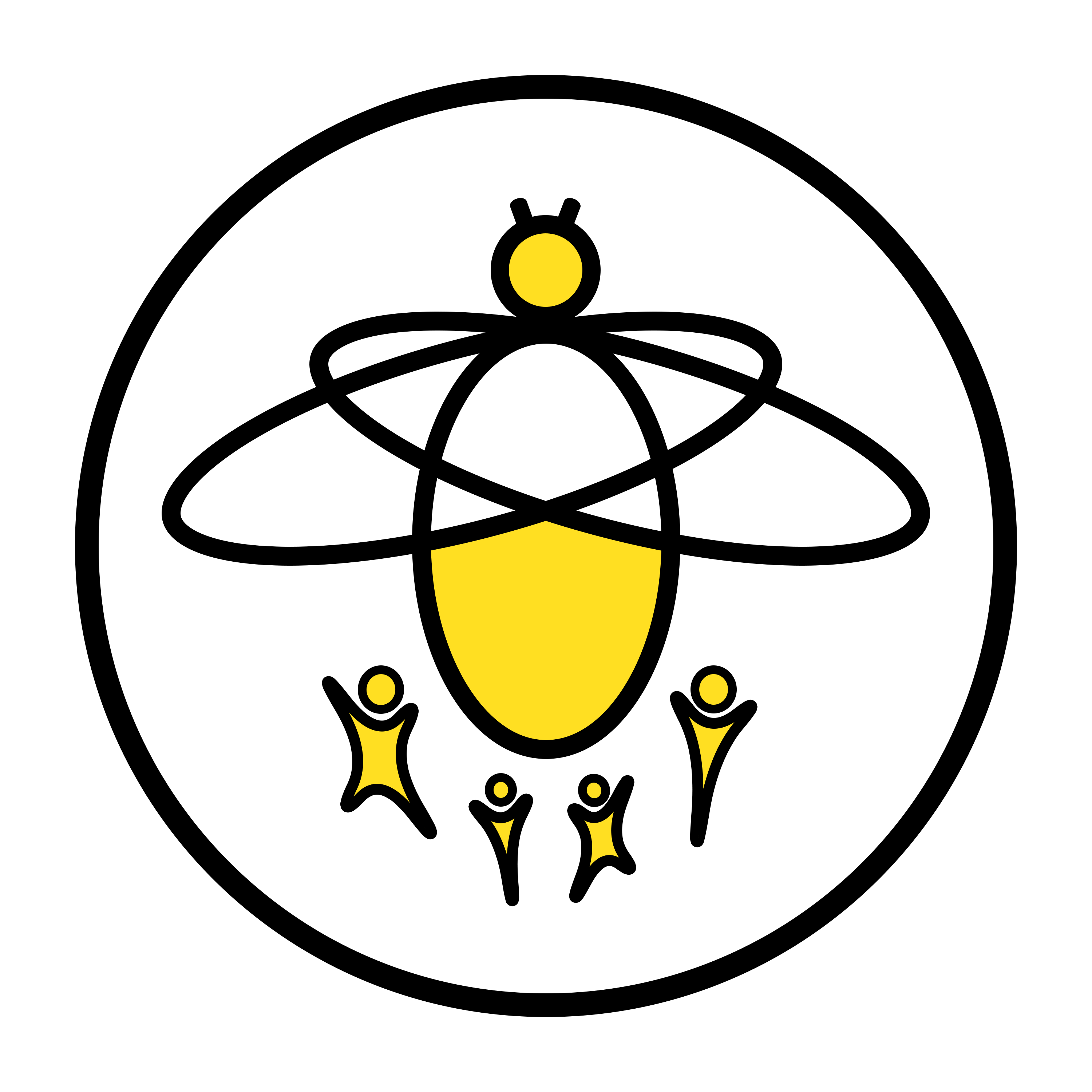
Driving the change through collaboration & involvement of the locals in various initiatives
Education Program
The Tandan Education Program aims to provide quality education to children from indigenous/tribal communities, addressing barriers like geographic isolation, cultural differences, and economic challenges. These programs focus on inclusive education that respects and integrates tribal cultures and languages, ensuring children feel valued while gaining essential academic skills. They often include community involvement and tailored teaching methods that consider the unique needs of tribal children. By offering access to education, these programs help improve literacy, health, and social mobility, empowering tribal youth to break cycles of poverty and preserve their heritage, while also integrating into broader society




Providing first generation learners with education – literacy, numeracy and life skills.

Working to develop a culture where students are facilitated to become informed & responsible citizens.

Each student’s qualitative growth is measured in 4 domains; self-management skills, motor skills, language development skills & socio-emotional skills.
Nutrition Program
The Tandan Nutrition Program aims to ensure that young children receive the proper nutrients needed for healthy growth and development. Our focus is on providing balanced meals that include essential vitamins, minerals, and proteins, addressing deficiencies that may lead to developmental delays or health issues. By prioritizing children’s health early on, such initiatives contribute to better long-term physical, cognitive, and emotional well-being. Beyond just meals, these programs also include education for families on healthy eating habits and the importance of nutrition. For many families, this has become a positive reinforcement to send their children to school regularly
Our students & teachers of the hostel are given 2 full nutritious meal. (locally grown-seasonal vegetables, lentils, eggs, meat & rice). Each day scholar also receives eggs and bananas for mid-day snacks, once a day.



Music Program
The Tandan Music Program offers numerous benefits to children, supporting their cognitive, emotional, and social development. It enhances language skills by improving listening, memory, and vocabulary. Engaging with music also helps with fine motor skills, as children learn to play instruments or follow rhythmic patterns. Emotionally, music provides a way for children to express feelings and improve their mood, offering a positive outlet for stress. Socially, group music activities encourage teamwork and communication. Additionally, exposure to different genres and cultures broadens their understanding and appreciation of diversity. Overall, music fosters creativity, builds confidence, and enriches a child’s overall growth.


This program, while being a formally structured form of music education is also build in with elements of fun and creativity.

Music is taught in the disciplines of the guitar, piano, drums, violin, viola, cello, bass and 4-part harmony vocals, Music Theory and Music Performance.

Exams would be conducted by boards from the U.K. (Trinity College, London / The Royal College of Music & The Royal School of Music)

The children born in the North East Region of India have an innate nature of picking up musical rhythm and prompt reception of musical instruments. The familiarity of singing and using instruments is done by people of all ages.

Music is also a part of everyone’s life, and is a unifying factor of bringing people together irrespective of what tribe or social status.
Train the Trainer Program
The Tandan “Train the Trainer” Program for teachers is designed to equip educators with the skills to effectively teach and mentor their peers. Through this program, teachers gain advanced instructional techniques, leadership skills, and strategies for supporting professional development within schools. They learn how to present content clearly, facilitate workshops, and provide constructive feedback to colleagues. This training fosters a collaborative learning environment, empowering teachers to share knowledge and best practices. Ultimately, it enhances the overall quality of education by creating a sustainable cycle of continuous improvement, where teachers are both learners and leaders in their schools.

Training program’s are conducted bi-monthly for all staff; teachers, programme-coordinators and team managers.

Trainings are conducted by professional teacher trainers from other organisations; Star Education, Teach for India, etc.



Life Skills Development Program
Teaching tribal children to grow their own food promotes self-reliance and sustainability within indigenous communities. By incorporating agricultural education into the curriculum, children learn essential skills in farming, gardening, and environmental stewardship. This empowers them to contribute to their families’ food security and fosters a deeper connection to their land and traditions. Growing their own food also enhances nutritional awareness and helps preserve local plant varieties. Beyond practical skills, it instills a sense of responsibility and independence, encouraging a cycle of self-sufficiency that benefits both the children and the broader community for generations.



